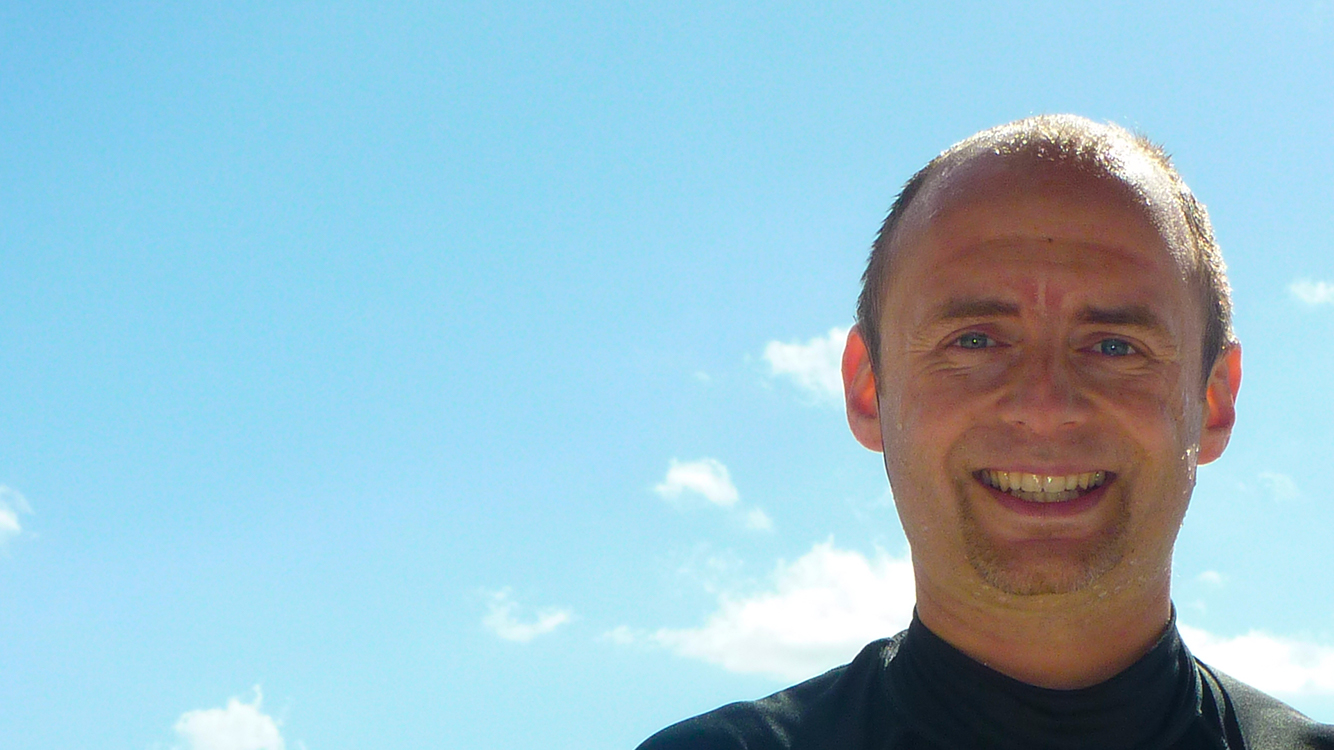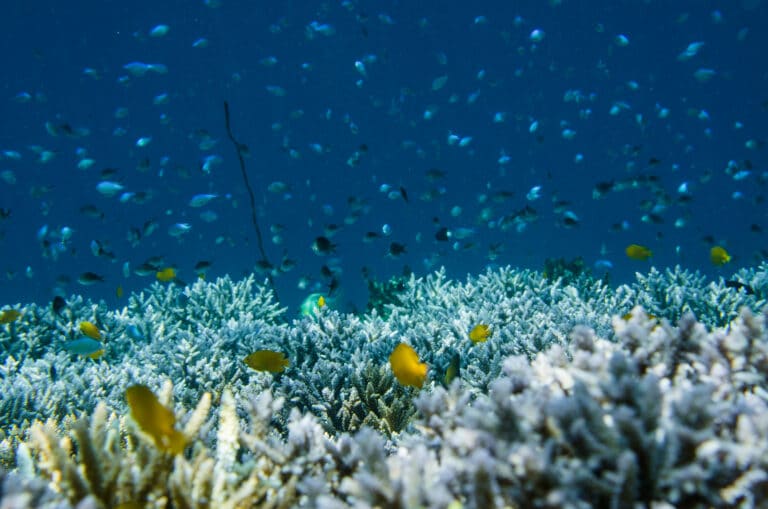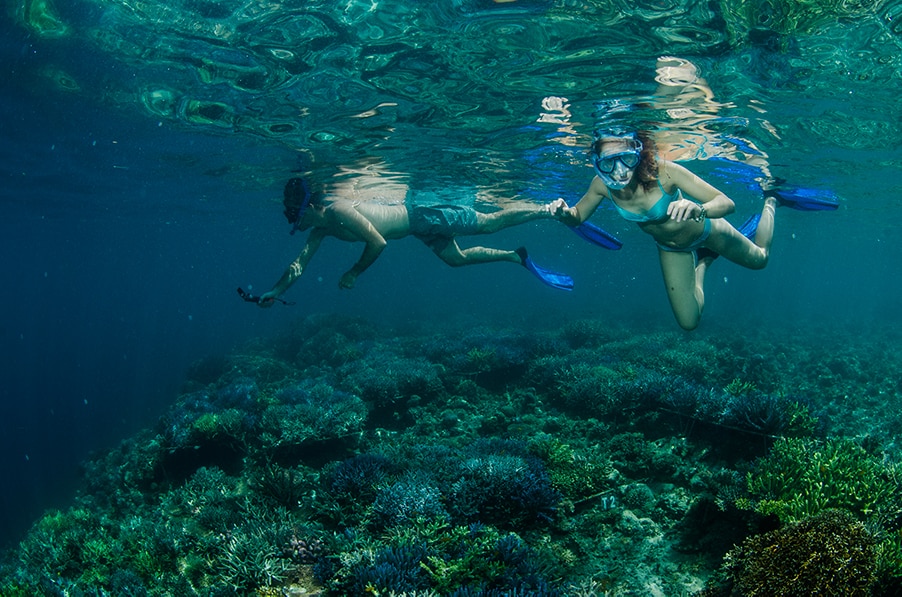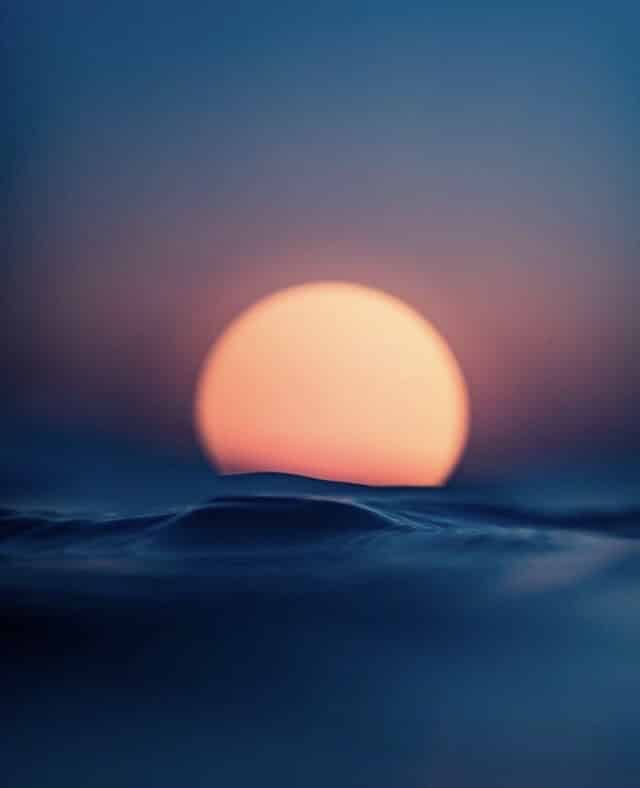Sponsor spotlight : Fabrice from RedSea

Tell us a bit about yourself 🙂
Fabrice Bonnaventure, unfortunately already in my fifties, married, two children. I got into the hobby of aquarium keeping out of passion, a passion that allowed me to get my first job in a pet shop. I have put a lot of energy into it and this has led to opportunities for development. I have been working for Red Sea for 17 years and I am now Sales Manager for France and Belgium.
Why is our cause so important to you?
Apart from the fact that I have always had a particular sensitivity for living things in general, my passion for aquariums and my work are directly linked to corals.
Tell us about your favourite memory in the ocean.
My first scuba diving experience in Mauritius. After a brief session getting familiarised with the equipment and training in shallow water came the day of the actual baptism! Once in the water, my wife held the instructor’s hand and he guided her 4 or 5 metres below me. I was swimming autonomously above them, I felt like I was literally flying. I spent the rest of that holiday underwater!
What worries you most about the current state of coral reefs?
Bleaching, of course. Coming back to Mauritius, I know that the reef at Pomponette beach for example, which was a reef paradise when we were there, and is now extremely damaged. Having seen or been to such places personally makes us even more aware of their evolution. And knowing that a huge proportion of the world’s reefs are affected concerns me.
What gives you hope for the protection of coral reefs?
The adaptability of living things, the research in laboratories to determine how certain species physiologically adapt to global warming, the action that certain organisations such as Coral Guardian are able to lead on a day to day basis.
How is your company involved in protecting coral ecosystems?
I think there are two ways of looking at it.
At first glance, it’s obvious that our business has an impact on the climate because our products are present on five continents and we have to manufacture and transport them. Like all products. At the same time, reefers keep fish and corals in their aquariums, which leads to harvesting.
The second way of looking at it is only possible if you look at the marine and reef aquarium industry as a whole. In order to avoid a narrow view and to see only what you can see, you need to cross-reference information from reef aquarists, suppliers of living organisms, various research centres (many of which use our salts) and NGOs such as Coral Guardian. So we can step back and see all this interconnected.
What I remember is that our business is a micro-niche business compared to the big industries and manufacturers in the mass markets. The impact on global warming is therefore proportional. But just because we have less impact on the environment compared to others doesn’t mean we shouldn’t do something.
Secondly, most of the corals in aquariums today are cuttings from either the suppliers of live corals or the reefers themselves.
Red Sea has no commercial activity with marine life: we do not sell fish or corals, but we are extraordinarily dependent on them. Having become aware of this, and long before the phenomenon of “green washing”, we decided almost 10 years ago to get closer to Coral Guardian and to bring our financial support.
And we have supported them every year since.
As this is a cause that is close to our hearts, we regularly share the nonprofit’s activities amongst our retail customers and end-users via different means of communication, and internationally.
Ces articles pourraient vous intéresser

Sponsor spotlight : Alban from W2P
Tell us a bit about yourself 🙂 I am Alban Taravello, producer and founder of W2P Production. I am passionate about diving, deep-sea observation and video….
21 March 2023
How does the COP15 to the Convention on Biodiversity affect coral reefs?
Following the UN Climate Change Conference of the Parties (COP27) in Sharm el-Sheikh, Egypt (see our short review here), another key UN conference focusing on…
23 February 2023
Overall, what is the impact of UV filters in sunscreens on corals?
Around the world, coral reefs are facing a degradation driven by global and local human-derived pressures including climate change, coastal development, pollution, amongst others. In…
31 March 2021
The impact of organic UV filters in sunscreens on coral reefs
Sunscreens contain many components, including various UV filters that can be organic (chemical) or inorganic (mineral). Scientists are becoming increasingly interested in their effects on…
4 March 2021
